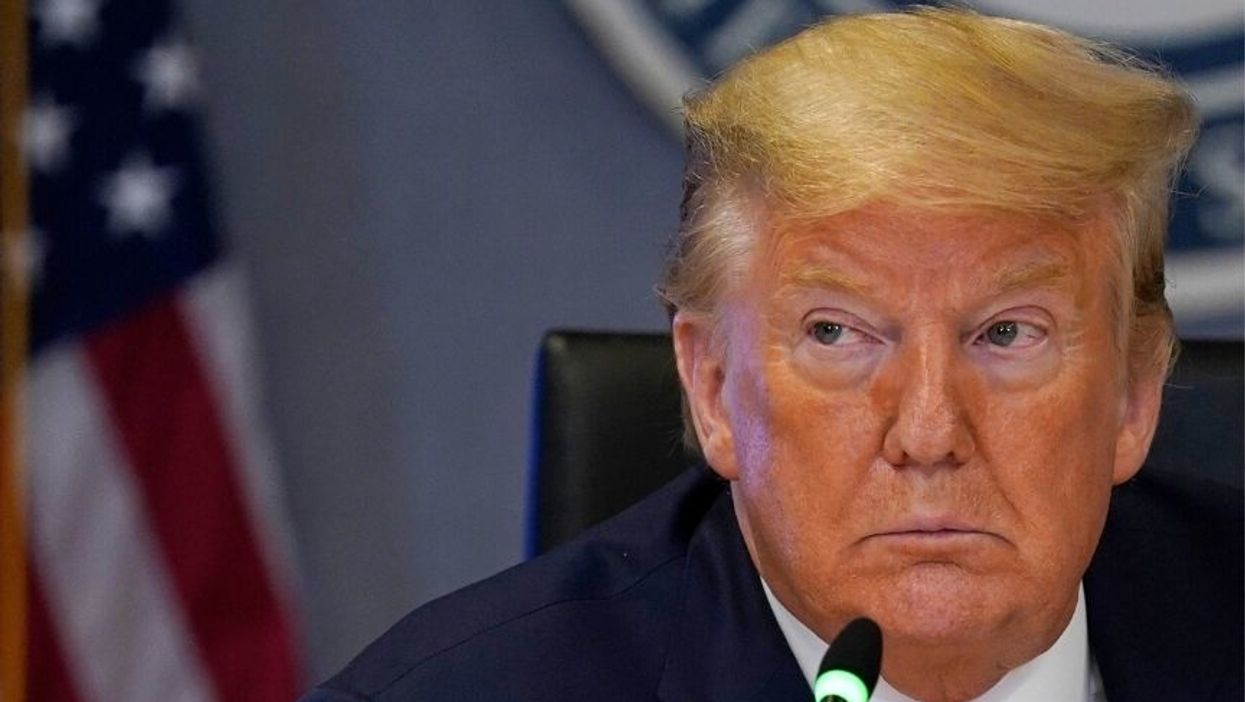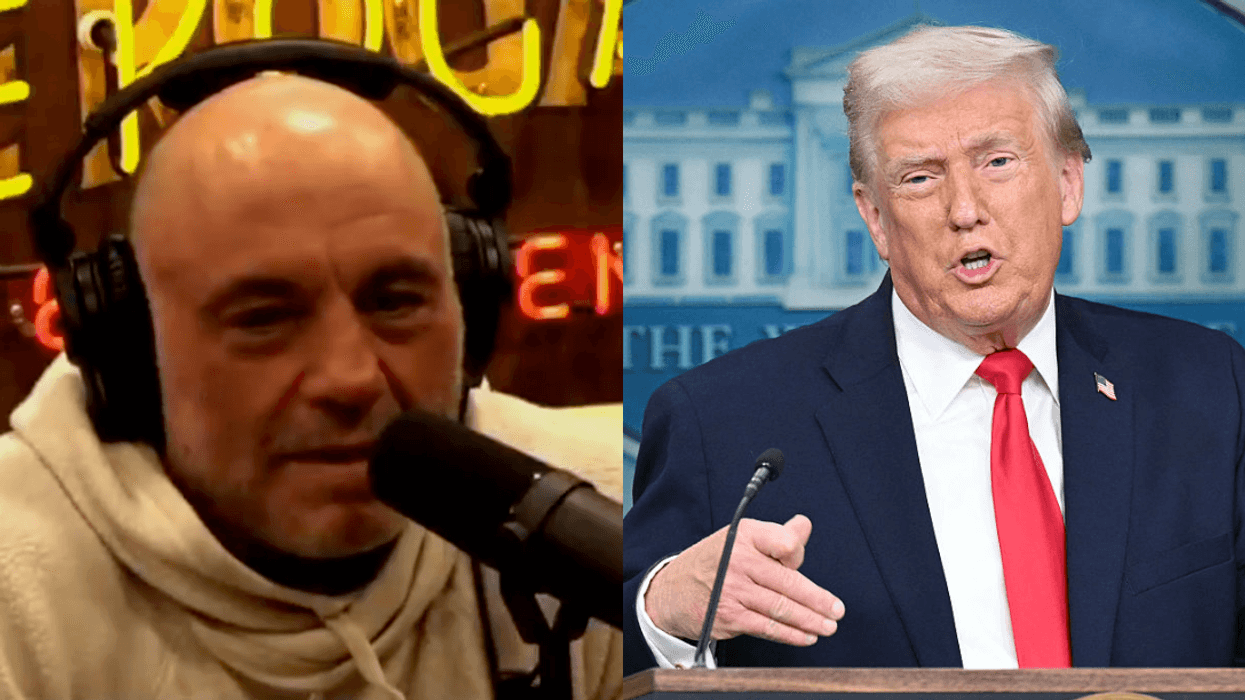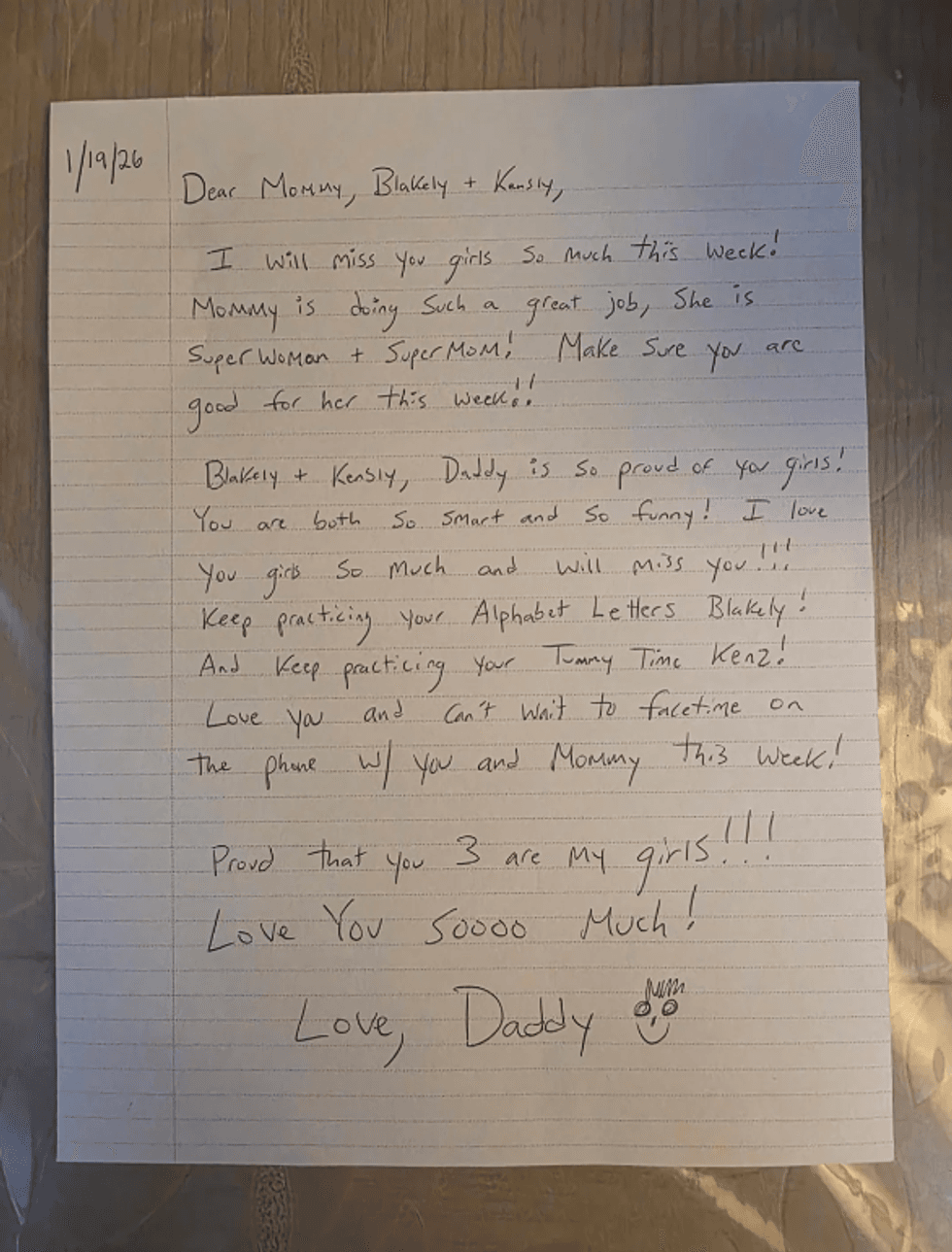Numerous vaccines are in development to immunize humans from COVID-19, the rapidly spreading respiratory virus that's upended daily life across the globe.
Scientists at the National Institute of Health (NIH) are among them.
A new report from the Washington Post details the work of Kim Hasenkrug, an NIH immunologist in its Montana laboratories, has a plan for how to most efficiently create and test a viable vaccine that could significantly curb the spread of the virus.
There's just one obstacle: the administration of President Donald Trump.
In 2019, the Trump administration instituted a ban on scientists using donated human fetal tissue from abortions in tests for new drugs.
"Humanized mice" are ideal for medical testing because their immune systems are already similar to ours. Hasenkrug is looking to test coronavirus vaccines on mice with humanized lungs in order to speed up the availability of a vaccine, potentially saving countless lives.
The 2019 Health and Human Services directive that banned using fetal tissue for research, however, has prevented Hasenkrug from getting the mice needed to perform the tests.
People are confounded that the Republican administration seems indifferent to saving lives.
The dissonance between being "pro-life" while preventing lives from being saved was lost on no one.
Officials have said that a viable vaccine is at least a year from distribution.














 Awkward Pena GIF by Luis Ricardo
Awkward Pena GIF by Luis Ricardo  Community Facebook GIF by Social Media Tools
Community Facebook GIF by Social Media Tools  Angry Good News GIF
Angry Good News GIF 
 Angry Cry Baby GIF by Maryanne Chisholm - MCArtist
Angry Cry Baby GIF by Maryanne Chisholm - MCArtist 
 @adriana.kms/TikTok
@adriana.kms/TikTok @mossmouse/TikTok
@mossmouse/TikTok @im.key05/TikTok
@im.key05/TikTok @biontrtwff101/TikTok
@biontrtwff101/TikTok @likebrifr/TikTok
@likebrifr/TikTok @itsashrashel/TikTok
@itsashrashel/TikTok @ur_not_natalie/TikTok
@ur_not_natalie/TikTok @rbaileyrobertson/TikTok
@rbaileyrobertson/TikTok @xo.promisenat20/TikTok
@xo.promisenat20/TikTok @weelittlelandonorris/TikTok
@weelittlelandonorris/TikTok @katiebullit/TikTok
@katiebullit/TikTok @rube59815/TikTok
@rube59815/TikTok
 u/Fit_Bowl_7313/Reddit
u/Fit_Bowl_7313/Reddit
 @meteorblades/Bluesky
@meteorblades/Bluesky @bodenkelly/X
@bodenkelly/X